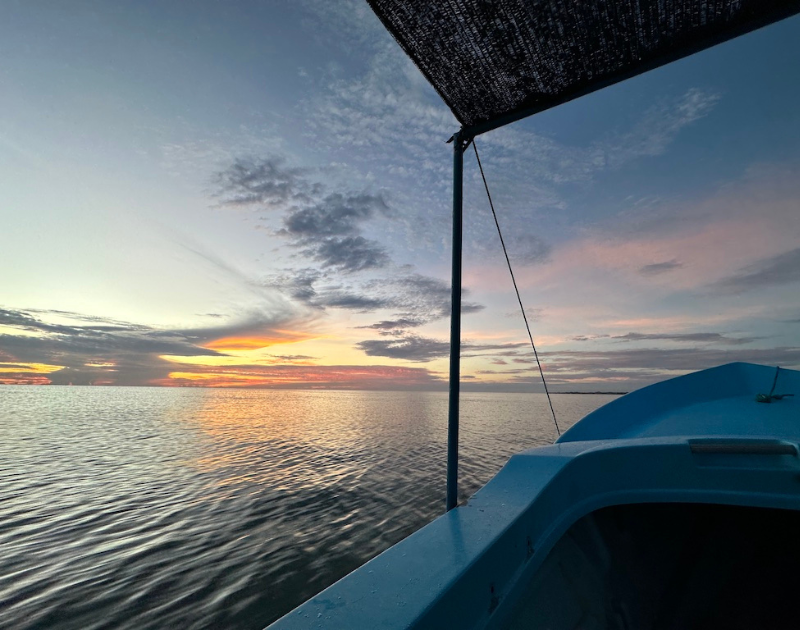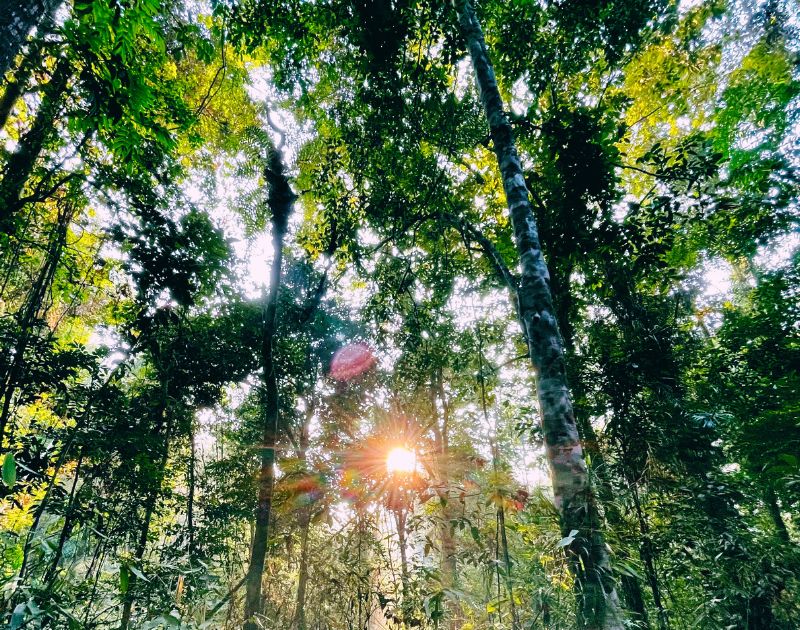
- Home
- Knowledge Insights
- CSF embarks on a new research project on nature and tourism in Sri Lanka
Over the years, Sri Lanka’s tourism sector has grappled with the paradox of relying on natural capital while threatening the integrity of that very same natural capital base. The pursuit of rapid economic gains at the cost of the crucial long-term conservation needs that sustain the country’s allure as a unique destination, has been frequently observed. As the sector recovers from multiple and overlapping crises – the 2019 Easter Sunday Attacks, the COVID-19 pandemic, and the persistent impacts of the deep economic crisis – it faces the expectation of being a key driver of a rapid recovery, to support the country’s growth path. Sri Lanka’s tourism finds itself at a pivotal juncture – one that affords the sector the opportunity to ‘build forward differently’ rather than simply ‘building back better’. At the core of this is integrating nature at the heart of a new tourism growth model.
CSF is setting out to study the dynamics shaping a possible tourism recovery path that is just by nature, and study stakeholder perceptions around the barriers for, and opportunities to drive, a more nature-positive tourism sector. In a previous post we explored what a nature-positive economy is, and launched an expert interview on this subject.
Using three carefully and analytically-selected tourism sites in Sri Lanka, this research takes a case study-based approach, and will document the perceptions held by tourism stakeholders on the interactions between nature and tourism from multiple angles ranging from infrastructure to inclusion. Understanding the barriers perceived by stakeholders to adopt nature-positive practices is crucial to move from theory to practice, and move from policy to action.
Write to [email protected] or [email protected] to know more and to collaborate! As the research progresses, we will share project updates, early findings, and field notes.


